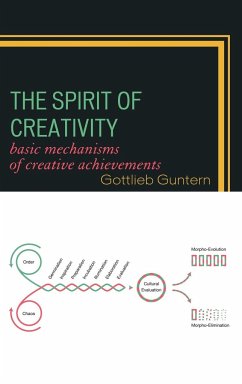Nicht lieferbar

Artisans of Democracy
How Ordinary People, Families in Extreme Poverty, and Social Institutions Become Allies to Overcome Social Exclusion
Versandkostenfrei!
Nicht lieferbar
Is extreme poverty inevitable in our affluent societies? The twelve case studies in Artisans of Democracy show how very poor people, ordinary citizens, and institutions (schools, the government, the news media, the courts, churches, universities, public utilities, unions, and small businesses) succeeded in creating alliances. They became partners in order to overcome social exclusion and radically change the inhuman conditions in which very poor people lived, as well as the practice and policies that lead to these conditions. The book then discusses implications for research, democratic theory...
Is extreme poverty inevitable in our affluent societies? The twelve case studies in Artisans of Democracy show how very poor people, ordinary citizens, and institutions (schools, the government, the news media, the courts, churches, universities, public utilities, unions, and small businesses) succeeded in creating alliances. They became partners in order to overcome social exclusion and radically change the inhuman conditions in which very poor people lived, as well as the practice and policies that lead to these conditions. The book then discusses implications for research, democratic theory and public policies and draws lessons for action that would enlighten any academician, professional, activist, practitioner, or citizen concerned by the persistence of extreme poverty. Tardieu and Rosenfeld present new ways to think and act toward overcoming poverty at the private or public local, national, or international levels.













